SIGnetwork: November 2022
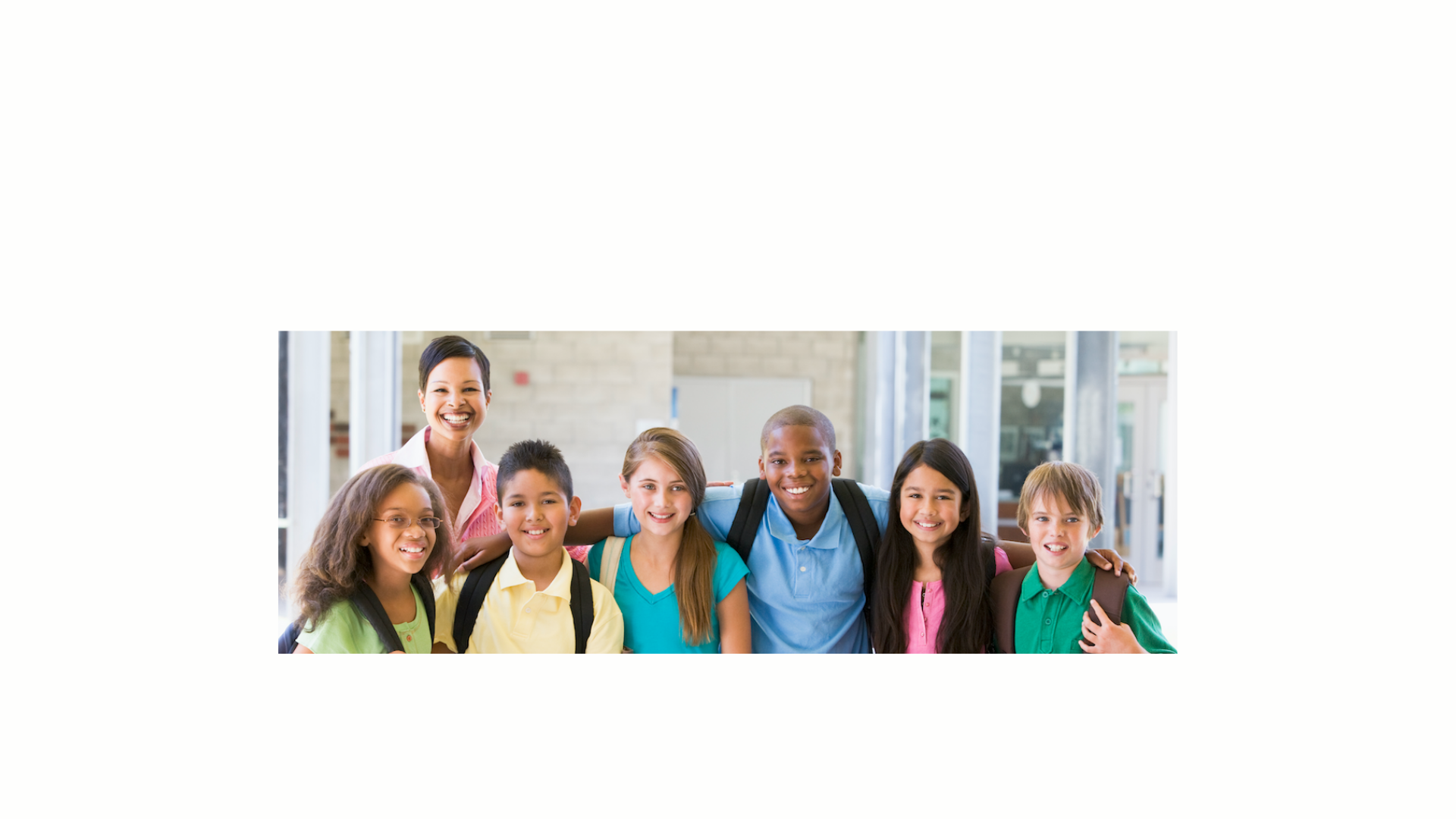
News You Can Use

Focus on Fidelity
In response to challenges reaching implementation fidelity targets (see Program Measure 2 data), a group of SPDG evaluators and project personnel is meeting to find strategies and resources to support SPDG projects. The first meeting focused on current challenges and the next meeting will be a deeper look at existing fidelity measures and areas where measures are still needed, For more information on the topic, see SISEP’s Fidelity Brief.
If you would like to join us, please contact Jennifer Coffey.
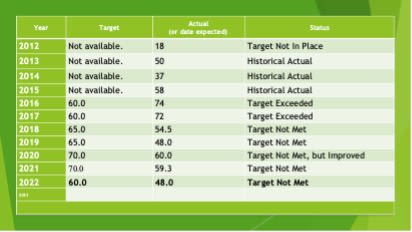
November Directors’ Webinar Recording & Resources
Vicki Griffo from the California SPDG, Cali Reads, shared her experience improving fidelity, developing communications, and working toward sustainability in her “What I’ve Learned so Far” interview.
Jamie Mikeska shared how you can use Mursion Simulation Training for Educators with new and returning teachers and leaders. This technology develops classroom management and instructional skills without harming any live humans in the process!
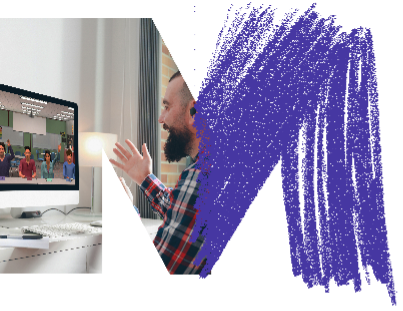
Upcoming SPDG Directors’ Webinar
In the December “What I’ve Learned so Far” interview, North Carolina’s Project Director, Melissa Towery, will share how they’ve built a strong partnership with 7 universities. She’ll focus on the continued need to develop readiness and how they’ve built capacity with an eye on sustainability.
Becky Jo Gerdes and Kristen Aeikens, the Minnesota SPDG’s Project Coordinator and Parent Program Partner, respectively, will share the process they are using to capture effective family engagement practices via recorded interviews.

SPDG Success!

New Jersey MTSS Website
The New Jersey Tiered Systems of Support – Early Reading site has launched! As shared by Luiz Pereira during the October Directors’ Webinar, you can access online learning courses for Tiers I and II (universal and targeted) at no cost. Folks in your state can learn the basics of Assessment and Data-based Decision Making and Research-Based Priority Early Reading Skills
The Kansas SPDG has helped schools meet the mental health needs of their students. Their Inclusive MTSS Implementation Scale (IMIS) Mental Health Supplement is an online survey designed to measure the Kansas SPDG mental health supports. Shown is one measure reported in their APR.
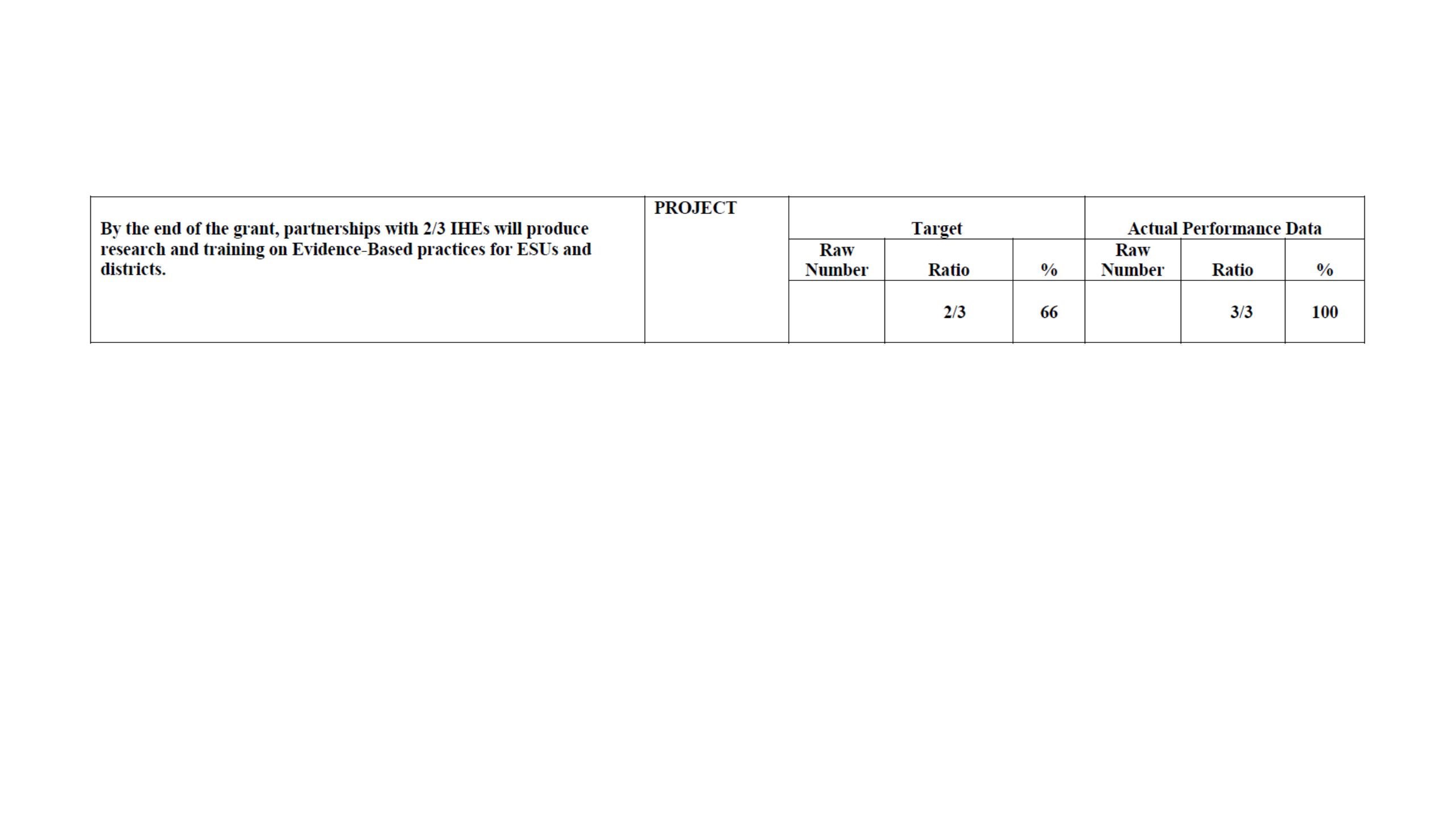
Improving Professional Learning

This study of SPDG systems coaches found that coaches’ professional development should focus on how to coach and not just what to coach. The systems coaches surveyed rated their knowledge higher than their ability to coach on that topic in 28 out of 29 categories.
Chaparro, E. A., Massar, M. M., & Blakely, A. W. (2021). Exploring the Knowledge and Skills of Systems-Level Coaches within Elementary Schools Implementing Multitiered Systems of Support. The Elementary School Journal, 122(2), 191-207.

Teacher-Directed Professional Learning: Opportunities, Challenges, and Solutions
Teacher-directed professional learning (TDPL) is an approach that provides teachers choice, voice, discretion, and autonomy over how they develop and grow their own pedagogical knowledge and skills. The Office of Elementary and Secondary Education in the U.S. Department of Education has made significant investments in TDPL through the Education Innovation and Research (EIR) program; among other content areas, the program currently includes seven TDPL projects awarded to school districts and non-profits (including universities) in 20202.
The EIR program is funding Local Education Agencies (LEAs), non-profits, and research institutions to develop and implement TDPL programs and evaluate their impact on student and teacher outcomes.
Challenges and solutions to creating TDPL systems are provided in this report.

Evaluators' Corner

Results indicated that, on average, implementation strategies were associated with increases in teacher adherence to EBPs above baseline and group-based pre-implementation trainings alone. Moderator analysis also indicated that larger effects were associated with implementation strategies that used a greater number of unique behavior change techniques (p < .001).
Merle, J. L., Thayer, A. J., Larson, M. F., Pauling, S., Cook, C. R., Rios, J. A., ... & Sullivan, M. M. (2022).
Investigating strategies to increase general education teachers' adherence to evidence-based social-emotional behavior practices: A meta-analysis of the single-case literature. Journal of school psychology, 91, 1-26.

Family Engagement Done Well

National Reading Month Scavenger Hunt
This scavenger hunt can be used to explore books in your classroom library, school library, the public library, or even at home. You can also use these clues to search online book resources like Maya’s Book Nook, Black Children’s Book Week Virtual Museum, Here Wee Read, Read Across America: Books By Theme, and Social Justice Books.
Supporting Children’s Reading at Home - Family Resources for Kindergarten through 3rd Grade
This recorded webinar features an overview of the Supporting Your Child’s Reading at Home website and resources. Viewers will gain the knowledge and ability to utilize the REL Southeast’s Supporting Your Child’s Reading at Home family resources for kindergarten through 3rd grade in their home setting.
Spotlight on OSEP/TA

Tribal Early Childhood Development Webinar Series - Overview
This series of webinars provides steps to strengthening early childhood systems and practices for American Indian communities. Topics of native culture and language revitalization, as well as supporting mental health needs provide a solid grounding for those focused on developing early childhood systems.
IRIS Module: Online Course Design for College and University Faculty
Although created for university faculty, this resource can be used by SPDGs creating online courses. Online Course Design for College and University Faculty provides an overview of the basics of backward design, offering practical tips, strategies, and steps to help develop and deliver a course for and during a variety of circumstances that include face-to-face, online, and hybrid instruction. Access the resource.
SISEP Blog: Fidelity & Capacity, Two Great Measures that Go Great Together
November 4, 2022 Ellen Nacik, Garrett Petrie & Eric Kloos
How does capacity building connect with fidelity of implementation? This can be a tricky question, but luckily the folks in Minnesota have your answers!
Learn how they’ve used the implementation frameworks to improve instruction and impact results.
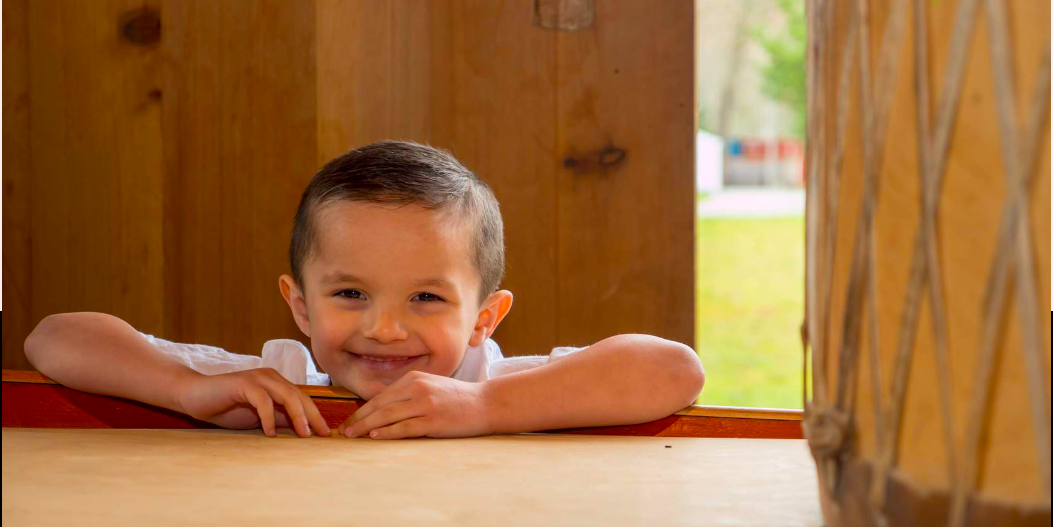
Tweets, Podcasts, & Videos of the Month

SeeHearSpeak Podcast Episode 41: with Lakeisha Johnson
for Families
for Practitioners
Dr. Lakeisha Johnson, Director of the Florida Center for Reading Research, talks about Maya's Book Nook & Community Literacy Partners.
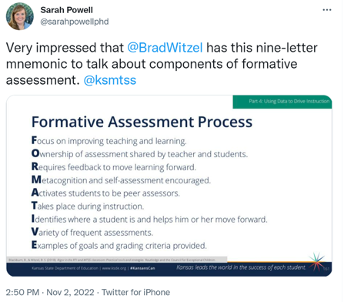
If You Have the Time

The School Spending & Outcomes Snapshot allows users to use data visualizations to explore spending and outcomes data for thoughtful conversations to improve equity and outcomes in their school communities.
This tool is for:
- State education agencies
- Local education agencies
With these displays users can:
- Examine spending patterns and compare spending with outcomes to see what trends emerge
- Start conversations at the school- and/or district-level about equitable distribution of resources, and how spending patterns are or are not related to performance
- Consider policies or practices that can help school and district leaders leverage spending to improve outcomes

